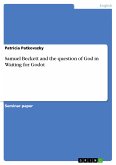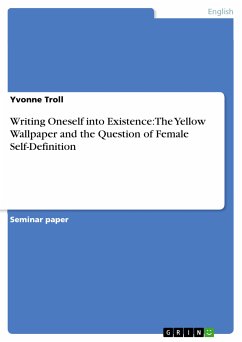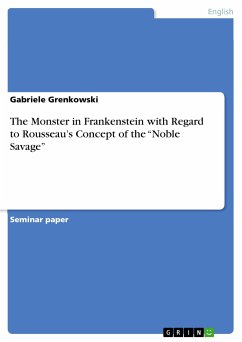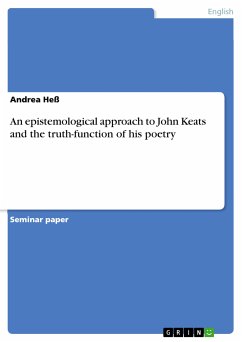Essay from the year 2000 in the subject English Language and Literature Studies - Literature, grade: very good, University of Nottingham (English Studies), language: English, abstract: The period from 1700 to 1790 is often referred to as the Age of Sentimentality. Steele (1672-1729), one of the most popular and controversial figures of this time, not only gained reputation as a dramatist, but also as a co-founder (with Addison) of the highly popular periodical The Spectator, in which questions of manners and social conduct were discussed, as well as moral issues and literature. His comedy The Conscious Lovers, which appeared at stage for the first time in 1722 and remained very popular throughout the following decades, was seen as a model for a new type of comedy, called ′Sentimental Comedy′. Unlike Steele, who is one of the most prominent representative of the early decades of Sentimentality, Goldsmith (1730-1774) celebrated his finest literary success at the end of the sentimental period. When his comedy She Stoops to Conquer gained immediate appraisal on stage in 1773, the Age of Sentimentality already was in decline. How far Goldsmith and his comedy can be regarded as ′sentimental′ or ′anti-sentimental′ will be one question I would like to deal with in my essay. The two authors, or rather their most important plays, are very interesting for they reflect, to some extent, the beginning and the end of Sentimentality and therefore provide us with an interesting insight into society, or rather the literary conception of society of that time.
Bitte wählen Sie Ihr Anliegen aus.
Rechnungen
Retourenschein anfordern
Bestellstatus
Storno









